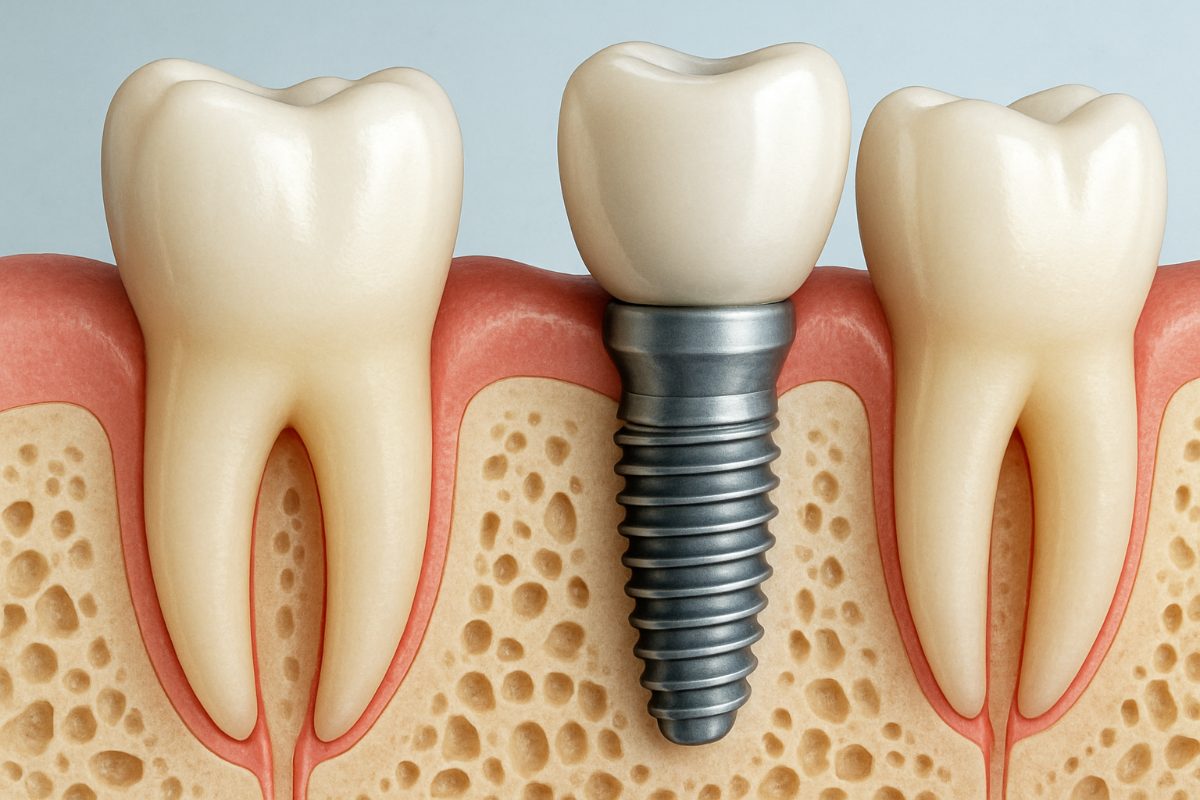This article explains the phrase “danger of dental implants in Seminole, FL,” why knowing the risks matters, and clear steps you can take to avoid problems. We’ll use plain language to cover common complications, warning signs to act on, and practical prevention before and after surgery. If you live near Seminole, this guide will help you talk with your dentist and get safer care when considering the danger of dental implants.
What is the real “danger of dental implants”?
Dental implants are metal posts that replace tooth roots and hold crowns or dentures. The main dangers are surgical (like nerve or sinus injury), biological (infection, poor bone healing), and mechanical (loosening or breakage). Implants are common and usually work well, but knowing the danger of dental implants helps you spot problems early and choose the right care.
Most common dangers of dental implants
Infection and peri-implantitis
Bacteria can cause inflammation around an implant, called peri-implantitis. Signs include redness, bleeding, bad taste, or pus. If untreated, infection can eat away bone and lead to implant loss. Early treatment with cleaning and antibiotics often stops the problem.
Nerve damage and altered sensation
Nerves in the jaw can be injured during implant placement, causing numbness, tingling, or burning in the lip, chin, or tongue. These symptoms may be temporary, but if they are sudden or last more than a few days, call your dentist or surgeon right away.
Implant failure and loosening
An implant can fail if the bone doesn’t fuse properly (failed osseointegration), if the bite is too forceful, or if bone quality is poor. Symptoms include wobbling of the implant or pain when biting. Sometimes the implant can be replaced after fixing the cause.
Sinus problems and bone issues
Upper jaw implants near the sinus can accidentally perforate the sinus cavity. This may cause sinus infections or chronic drainage. In cases with low bone, grafting may be needed before implants to reduce this danger of dental implants in Seminole, FL.
Red flags: symptoms that mean you should call your dentist now
Watch for persistent severe pain, swelling that gets worse, fever, sudden implant mobility, heavy bleeding, or sudden numbness. If you have any of these, contact your dentist or go to urgent care. Quick action can prevent worse damage.
How to avoid the danger of dental implants before surgery
Choose the right clinician and team
Pick a clinician with implant training and good reviews. Ask if they use CBCT 3D imaging and digital planning. These tools and experience lower risks and help avoid nerve or sinus injury.
Pre-op health and planning
Control medical issues like diabetes, stop smoking if possible, and review medications that affect healing. Good bone assessment and sequencing (grafts first if needed) reduce the chance of failure.
How to avoid the danger of dental implants after surgery
Home care and infection prevention
Follow home-care rules: soft food, salt rinses, keep the area clean, and avoid smoking. Look for signs of infection and call your dentist if anything looks wrong.
Follow-up and maintenance
Regular checkups, professional cleanings, and a night guard if you grind teeth help implants last. Ongoing care is key to preventing the danger of dental implants.
How NuSmile Dental reduces the danger of dental implants
NuSmile Dental uses CBCT imaging, digital planning, and advanced grafting to lower complications. Their team offers full-arch and single-tooth implant systems and personalized plans to reduce risk for patients in Seminole.
About the implant team (brief)
Dr. Nadia ONeal brings extensive implant and cosmetic training, including fellowships and international residencies. Dr. Ryan Serra is a board-certified periodontist focused on gum and bone health. Their combined skills help prevent and treat complications.
Next steps if you’re worried about the danger of dental implants
Gather your medical history, note symptoms, and schedule a consult. Ask about CBCT imaging, the clinician’s implant experience, and follow-up care. Contact NuSmile Dental in Seminole, FL for an implant risk assessment and a clear plan.


